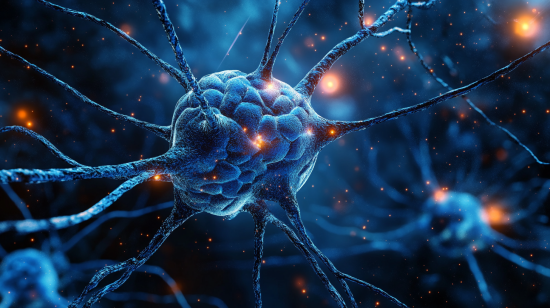We’ve all experienced it: trying to read a book only to find ourselves struggling to keep our eyes open. It’s like a switch flips in your brain, and suddenly, you feel the strong urge to fall asleep. This phenomenon happens more frequently with textbooks or academic readings. Why? Well, it’s all about how our brain processes information.
The Cognitive Load Theory
Reading isn’t as simple as just looking at words. It involves a complex series of steps: recognizing the words visually, paying attention to the meaning, retrieving related knowledge, and making sense of it all. But did you know that our brain’s processing power is limited? According to psychologist Daniel Kahneman’s Cognitive Load Theory, the brain has finite resources for processing information. When those resources are overwhelmed, it leads to cognitive overload, which is when you start feeling drowsy.

Textbooks: Cognitive Load on Steroids
When you crack open a textbook, you’re not just reading for fun. You’re engaging in high-level cognitive work—analyzing theories, processing complex information, and memorizing facts. All of this takes a lot of brainpower, and because academic texts tend to be written with lower readability, they add to the strain. Long sentences, complicated vocabulary, and dense topics are mentally taxing, leading to fatigue and sleepiness as your brain works hard to process the information.

Entertainment Books: A Different Story
Now, think about reading a light novel or an online story. These types of books don’t demand the same cognitive effort. They’re often fast-paced, with simple language and a plot that keeps you hooked. This type of reading generates low cognitive load, which means your brain doesn’t tire out as quickly. In fact, your brain is likely more stimulated and alert while reading these kinds of books. The cognitive effort is minimal, and the excitement of the plot might even keep you up late!

Your Brain’s Warning System
Feeling sleepy isn’t always a bad thing—it could be your brain’s way of signaling that it’s time for a break. According to Cognitive Fatigue studies, when we push our brains too hard, it triggers a protective response. Your frontal cortex, responsible for decision-making and problem-solving, starts to slow down, signaling that you need rest. This is why after a long day at work, even when you haven’t physically exerted yourself, you feel exhausted. Your brain has used up a lot of energy.

Why Some People Don’t Get Tired
Ever wondered why some people can study or work late into the night without getting sleepy? The difference lies in their brain’s neural structure. Our brain consists of neurons, which transmit information through synapses. Some people have more efficient networks, which allow them to process information faster and with less effort. This is why those with a higher IQ or better brain connections can read or study for longer without feeling tired.

How to Overcome Sleepiness While Reading
If you’re one of those people who always feel sleepy when reading, don’t worry—you’re not doomed to eternal drowsiness. Here are five practical tips to help you stay alert:
- Choose Books with High Readability If the book you’re reading feels like a chore, it might be because it’s poorly written. Opt for books that are easy to read, with clear structure, engaging language, and relevant images. These will reduce cognitive load and make reading more enjoyable.

- Try Intermittent Reading Don’t try to read a long section all at once. Instead, take short breaks. Try the Pomodoro technique: read for 25 minutes, then take a 5-minute break. This will keep your brain from becoming too fatigued.

- Practice Reading Techniques Reading is a skill that can be improved. Try speed-reading or chunk-reading techniques. These methods train your brain to process information more efficiently, reducing the feeling of fatigue.
- Gradually Increase Reading Difficulty Just like physical exercise, your brain gets stronger with practice. Start with easier books and gradually work your way up to more challenging material. This allows your brain to adapt and improve its processing ability.

- Maintain a Healthy Lifestyle A healthy lifestyle is key to optimal brain function. Good sleep, a balanced diet, and regular physical exercise can help reduce cognitive fatigue and improve your overall focus and energy levels.
Conclusion
So, the next time you find yourself getting sleepy while reading, remember: it’s not your fault! Your brain is simply telling you that it’s working hard. But with the right strategies, you can reduce cognitive load and make your reading sessions more effective and enjoyable.



















